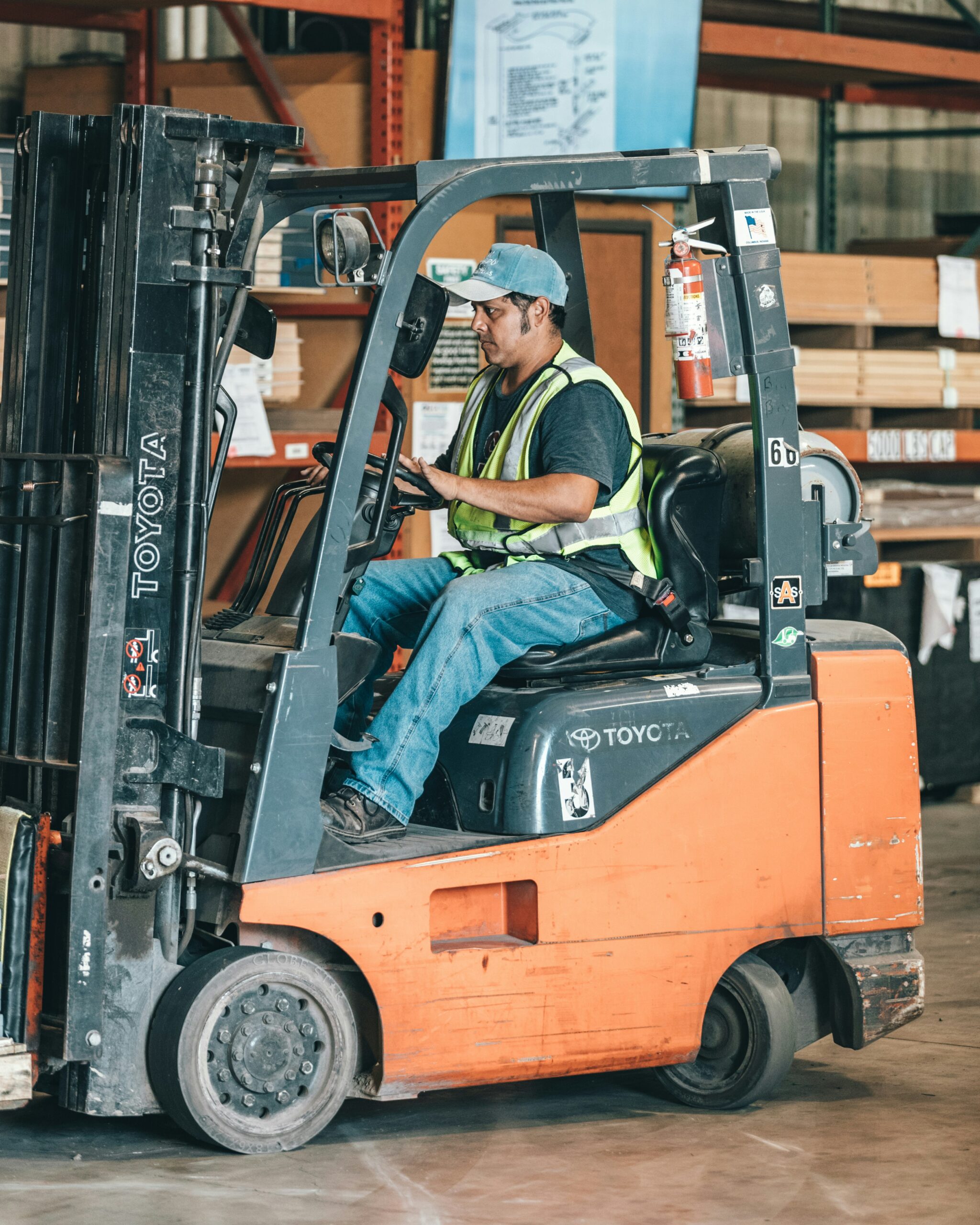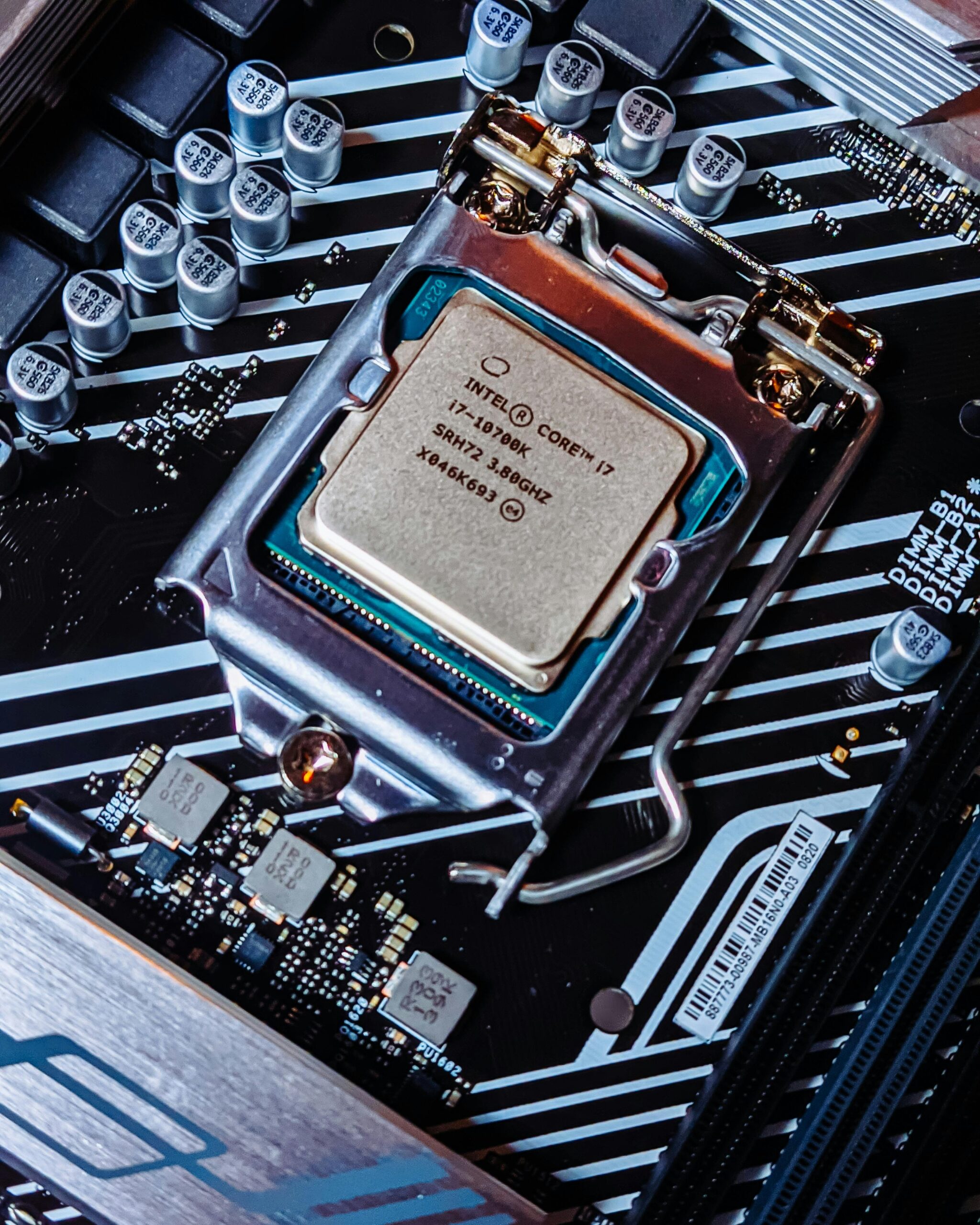Image credit: Unsplash
It’s not surprising that AI use is skyrocketing among corporations. However, small businesses, too, are turning to AI to assist with day-to-day operations. The increasing accessibility of AI makes it feasible for even smaller shops to find use for the tools.
Small businesses are finding that embracing AI can help cut costs, increase scalability, and improve customer experiences. While many shop owners are concerned about losing the human touch when switching to AI, they find the business benefits too good to pass up.
Embracing AI in Small Businesses
Large corporations make it harder for small businesses to stand out. Whether it’s a restaurant, a retail store, or a service provider, competing against companies that have significantly more resources is hard on business. Saving money is one of the biggest concerns of small business owners. AI allows small businesses to spend less on personnel and better understand demands so they aren’t overstocking or understocking.
Additionally, owners with more than one store (or those looking to open another location) may find that AI makes integrating the two stores’ performance easier. Communicating between shops is vital for consistent brand image, customer satisfaction, and having the right amount of supplies.
The Story of Ramen
A small, family-owned ramen shop in the San Francisco Bay Area, The Story of Ramen, has turned to AI to automate restaurant processes. The CEO, Manville Chan, uses AI to handle incoming sales and customer inquiries, cross-check scheduling availability, and write emails.
The Story of Ramen hosts ramen cooking experiences and 75% of customers are from corporate team-building events.
Chan’s use of AI enhances both customer experience and makes operations more efficient. The founder reflects on their journey, saying, “AI allows us to focus on what truly matters—sharing the joy of crafting handmade ramen—while it seamlessly handles customer inquiries in the background.”
The company has automated about 80% of emails with customers, making their workflow oriented towards making great food. As communication and scheduling are essential for business, having great emails and accurate scheduling is necessary to stay in business. Chan says that customers haven’t noticed a difference in experience after switching operations to using AI.
AI Across Small Business Industries
Small businesses with online storefronts may find AI beneficial for making recommendations to customers. The personalized shopping experience could encourage more sales. Additionally, marketing and advertising can utilize AI, which could create effective ads without any prior knowledge of marketing strategies.
Inventory tracking allows companies to better plan merchandise stocking. Having the right amount of supplies is essential for maximizing production while not wasting unsold products. Building knowledge about supply and demand maximization is a challenging task, but using AI eliminates the time needed to gain expertise on the subject.
AI can be helpful for planning or scheduling, especially for business models that require appointments. Things like beauty salons, upscale restaurants, and immersive experiences may require customers to schedule, which can take a lot of manpower and logistics to juggle. Instead, allocating these tasks to AI lessens burdens on the team, saving time and money.
Balancing Innovation With Uniqueness
AI has the potential to increase efficiency in business operations. Although many worry about changes in customer experience, AI can boost customer satisfaction with quick and accurate responses.
Preserving the unique identity of a small business while adopting modern technology requires prioritizing customer relationships. AI can help a small business tell a story that is true to its brand. AI tools can also be adjusted to align with a small business’s core values, making sure their guiding principles are never compromised.
Thoughtful integration of AI in small businesses can leverage the power of technology without losing the charm of an independently owned store.














































































































































































































